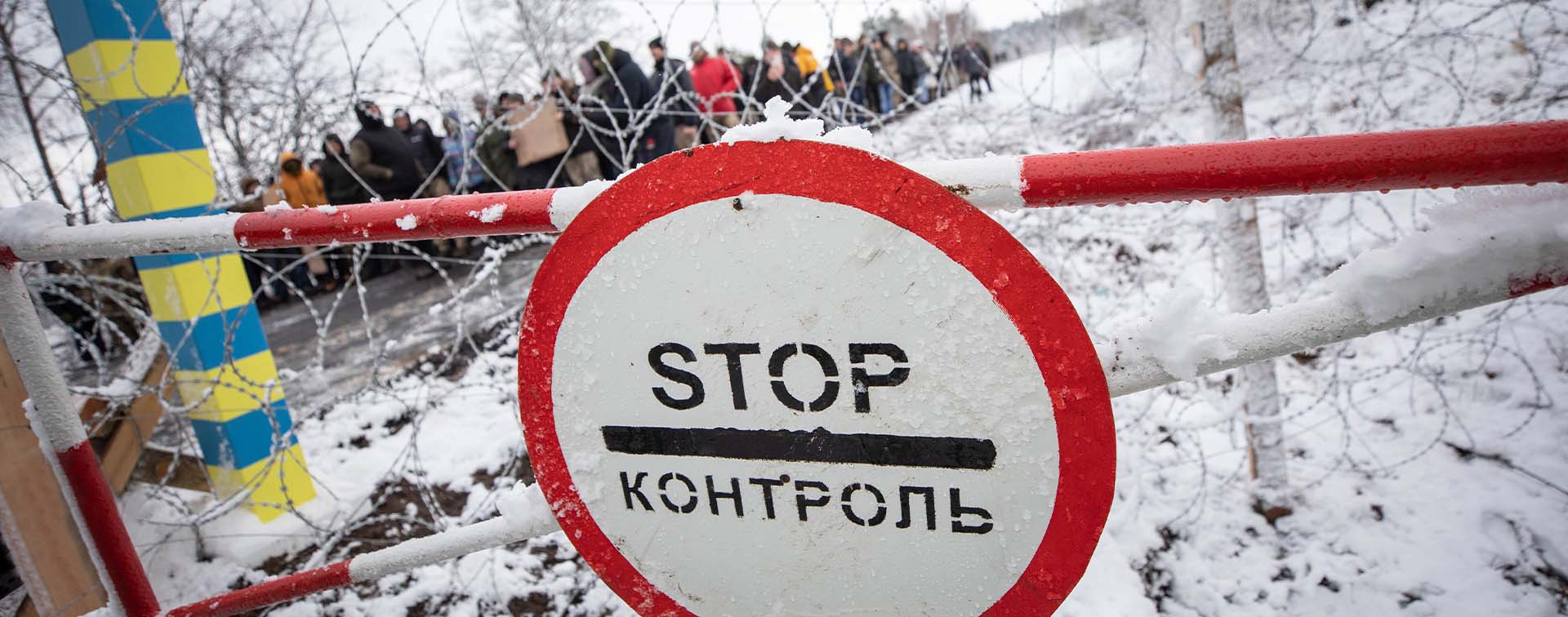
Lorraine Charles is a Research Associate at the Centre for Business Research, University of Cambridge, and Co-Founder and Executive Director of Na’amal.
Without states expanding regular and legal channels for migrants and refugees, irregular and often deadly attempts to seek asylum will continue in 2022. Despite temporary border closures that have been in place due to Covid-19 restrictions, the number of displaced people crossing borders in search of protection is increasing. In parallel, the securitization of refugees by treating them as a threat, as well as broken asylum and migration systems, makes their flight from conflict towards safety and better opportunities complicated and in many cases dangerous.
As the world struggles to recover from Covid-19 and international travel haltingly resumes, global political crises — and the resulting increased numbers of people fleeing conflict — have intensified. The fall of the Afghan government and the Taliban’s resurgence, the recent coup in Sudan, the continued crisis in Syria, and instability in sub-Saharan Africa mean that more people than ever are being displaced. In addition to countries in conflict, economic instability has also caused significant displacement. In Venezuela, and more recently in Lebanon, deteriorating economic systems and weak political leadership have caused many to seek better opportunities.

While the number of people seeking safety and better opportunities increased in 2021, the number of legal pathways to migrate, especially for those who do not fall into skilled migration categories, remains limited. Restrictive visa and asylum policies tend to push migrants and refugees into irregular channels, often resulting in dangerous journeys across the central Mediterranean, the Atlantic, and the English channel. The 130 lives lost in April 2021 off the Libyan coast and the 27 refugees who died attempting to reach the UK in November 2021 are startling reminders of the tragedy that can befall those pursuing better lives in the absence of legal migration and asylum pathways. The standoff between Poland and Belarus over the tens of thousands of asylum seekers hoping to cross irregularly into Poland, and thus the EU, further exemplifies the risks that are taken owing to insufficient legal alternatives.
States continue to view migration and asylum through a securitized lens using narratives of threat and danger to justify the adoption of extraordinary measures. The UK’s recent Nationality and Borders Bill seeks to criminalize arrival without a valid visa. Yet, according to the UN Refugee Agency, this contravenes international refugee law, which explicitly affords people the right to seek asylum. States also have an obligation not to return those seeking protection against torture, cruel, inhuman, or degrading treatment or punishment, and other irreparable harm. The adoption of the bill is a clear example of states taking a securitized approach to migration, particularly in the context of a lack of legal channels by which individuals can seek asylum.
Expanding the legal pathways by which individuals — forcibly displaced, economic migrants — can seek asylum and migrate, though politically sensitive, is economically beneficial. The Covid-19 pandemic has accelerated economic demand in destination countries for migrant workers of all skill levels in many sectors. The global demand for skills has been compounded by aging populations and by what US economists call the “great resignation” in most high-income countries. An expansion of labor migration pathways for workers of all skill levels would address these shortages in the workforce and provide legal entry for those seeking safety and better opportunities. Such pathways already exist for skilled migrants in many wealthy countries. For those seeking asylum, these legal channels are now emerging. Australia, Canada, and the UK have established, and are expected to expand, labor pathways for refugees.
Global political crises and the impact of climate change will continue to accelerate the displacement of people. The repercussions of the Covid-19 pandemic will linger, particularly as global vaccine inequity and targeted travel restrictions persist, further securitizing the movement of people. More people will have no choice but to move, with or without legal pathways, putting their lives at risk.